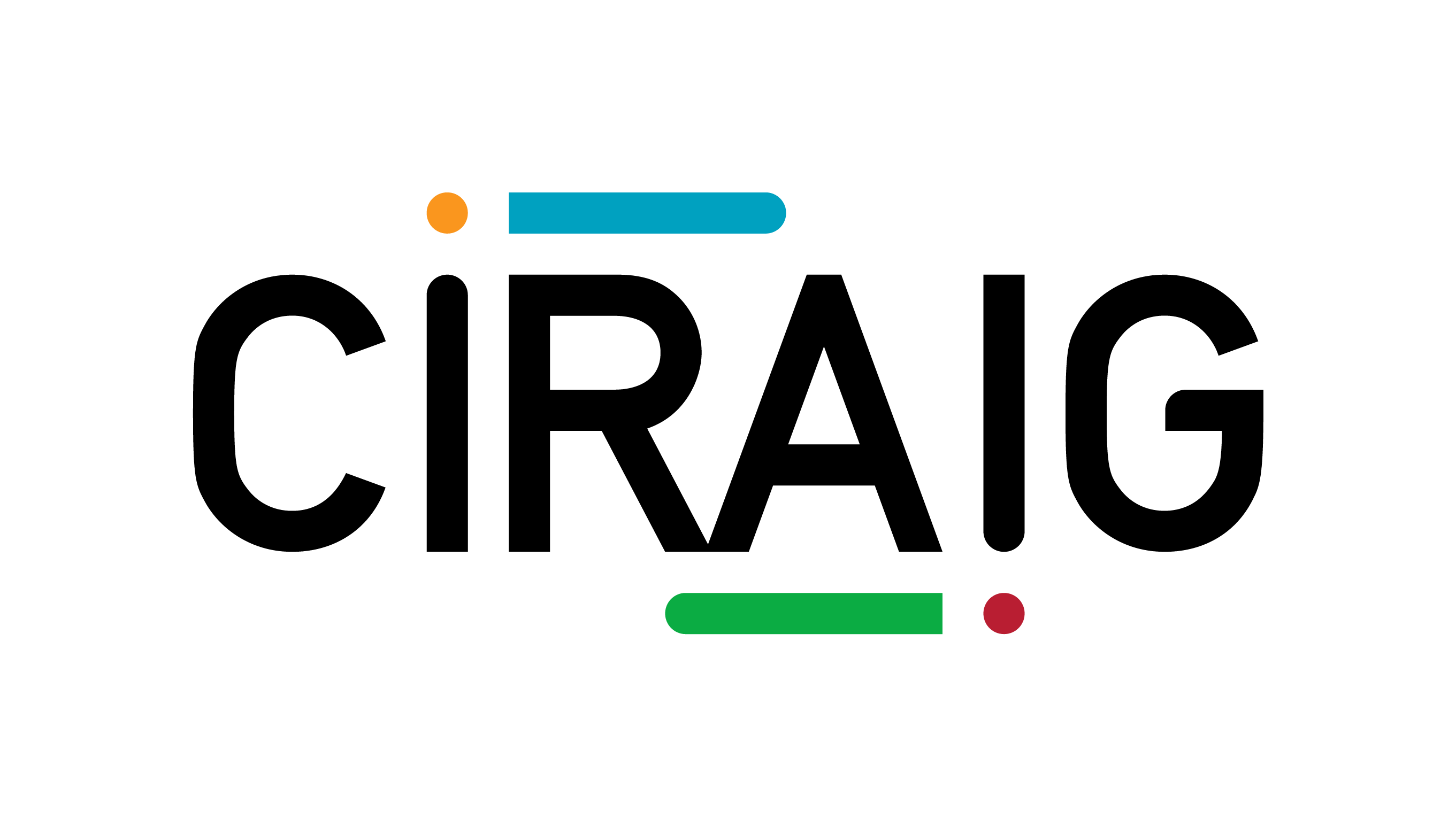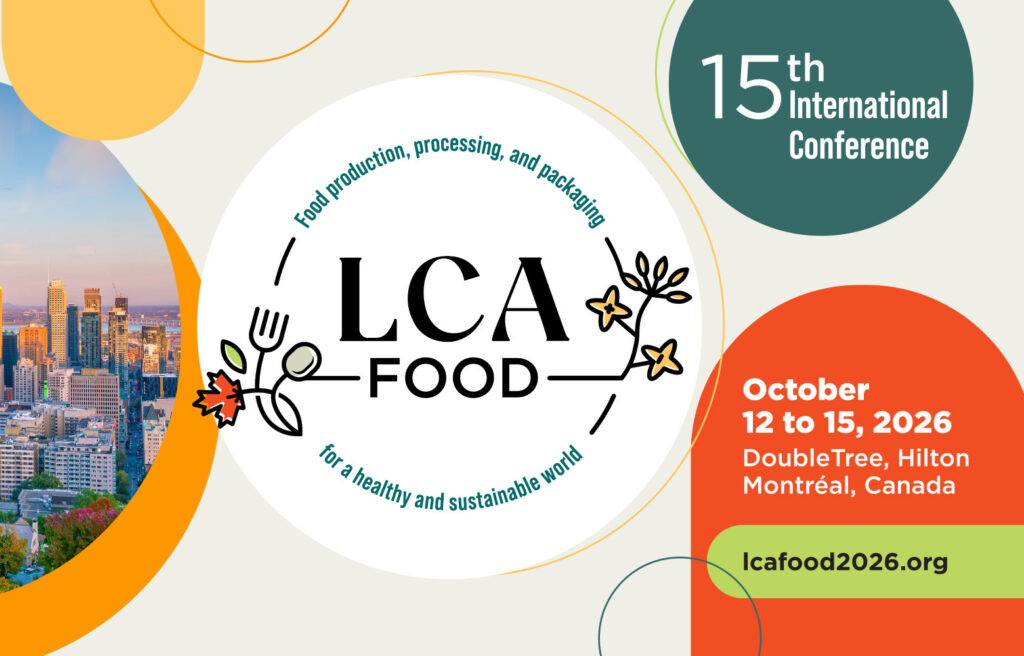OpenIO-Canada
Open source Input-Output LCA model and tool to estimate life cycle impacts of products and services


OpenIO-Canada is a Canadian Environmentally Extended Input-Output (EEIO) model. It describes the Canadian economy in 13 provinces and territories, 492 commodities, 33 GHGs, around 300 pollutants in 3 compartments (air, water and soil), 67 mineral resources, water consumption, energy use and plastic waste pollution. The model covers emissions and economic transactions from the years 2014 to 2022. An update of the model, integrating the latest available data, is made around the end of each calendar year.
The international trade of each province is covered within the openIO-Canada model through the use of the EXIOBASE EEIO model. Cars imported from the US for instance, are thus modeled with the description of the American economy, as depicted in the EXIOBASE model, instead of assuming that these cars are produced as they would be in Canada.
The openIO-Canada model supports the endogenization of capitals. Emission factors from the database thus correctly include capital goods within the scope of their assessment. These goods are typically excluded from emission factors provided by non-capital-endogenized versions of EEIO models.
The openIO-Canada model can be used to provide emission factors (/$) on 6,396 commodities produced across Canada and 9,600 commodities produced outside Canada. It can also be used to determine different environmental impacts for each province or Canadians overall. For instance, the average carbon footprint (following a consumption approach) of a Canadian in 2022 was around 20.1 tCO2eq while the same footprint for a Quebecer was around 17.4 tCO2eq.
The openIO-Canada model is open-source and free. You can generate all the data yourself through this Github repository. Or you can also access the emission factors here. You can cite openIO-Canada using this DOI : https://doi.org/10.5281/zenodo.8200655




